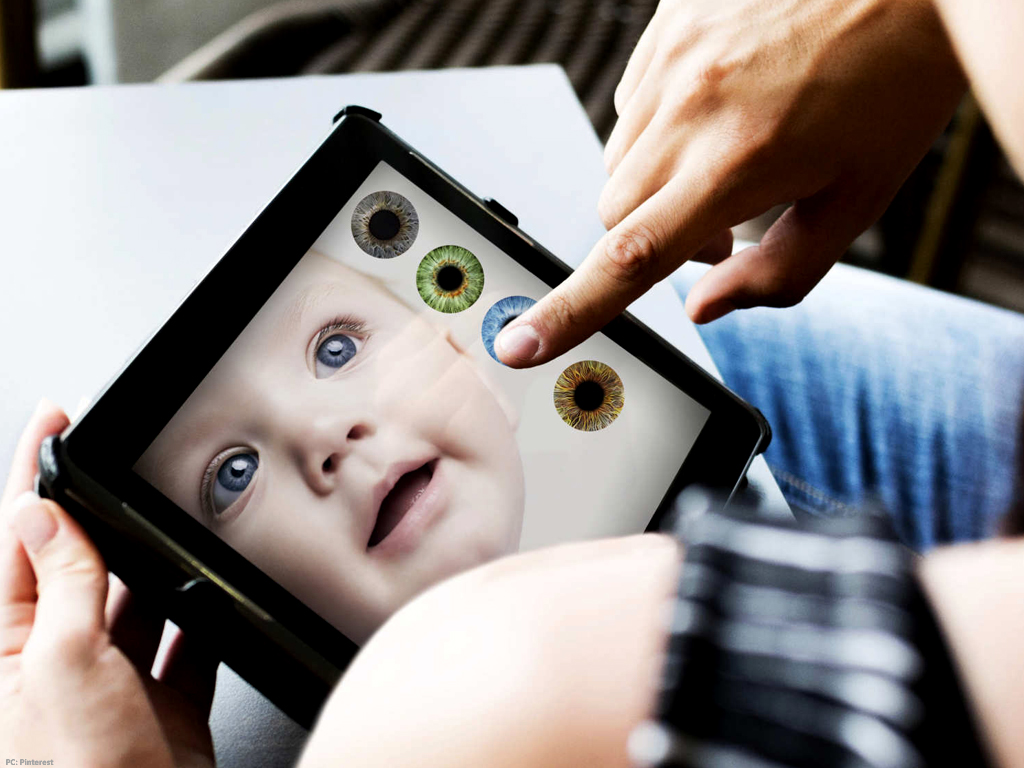Ethics body gives green signal for creating genetically altered babies

Moving forward in the field of med-tech, the UK ethics body has given green signal for creating genetically modified babies having altered DNAs, dramatically changing how future children will develop.
Creation of designer babies with altered DNAs might seem a possibility in the future, as it has been regarded being ‘morally permissible’ by Nuffield Council on Bioethics (NCB), an independent UK based firm that analyzes and reports on ethical issues in biology and medicine.
According to The Guardian, making changes to the genes in sperms and eggs can save around 5% of babies from painful diseases, said George Church, a geneticist not involved in the report. However, it has to be noted that if gene editing is permitted in future, it would be used for enhancement and cosmetic reasons.
Bacterial DNA to store image and GIF
The report by NCB was focused on the social and ethical issues around human genome editing and reproduction. The report stated that changing human embryos, sperms or eggs is morally permissible if it is in the future child’s interests and doesn’t risk the welfare of the one born from the edited embryo or ‘should not be expected to increase disadvantage, discrimination, or division in society’, wrote Futurism.
However, the report warns that before actually practicing the technology on humans, further research is needed in order to create safety standards. Also, public debate about the technology’s use and need to assess any potential risks to anyone will be necessary to monitor and address any unforeseen adverse effects. Even after that, gene-edited humans will still need to be closely regulated by government agencies and use it in closely monitored clinical studies.
“It is our view that genome editing is not morally unacceptable in itself. There is no reason to rule it out in principle,” said Karen Yeung, chair of the Nuffield working group.
Though despite the green signal, there might be still years before a genetically altered baby is created, but the recent development is indeed promising for the future of creating babies as per the parents’ desire.


























Comments
Comments are closed.